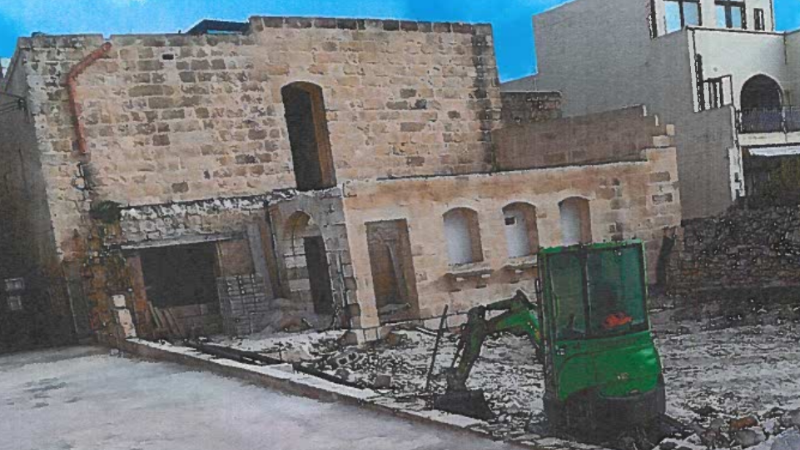A €60 million cut in the amount of EU grants allocated to Malta through the EU Recovery and Resilience Facility has forced the government to change its plans for building the much-awaited new ITS campus at Smart City and a ferry terminal in Bugibba with EU funding.
In a revised plan on the use of the Recovery and Resilience Facility (RRF) funds approved by the European Commission in 2021, the two multimillion-euro projects along with two smaller ones – the renovation of Mount Carmel hospital and a digitisation programme for the health sector – have been removed to better reflect the reduced allocation from €316 to €258 million.
To avoid further cutbacks in its planned capital projects, Malta has successfully requested to transfer other EU funds, allocated under different programmes, to the plan to be able to have the necessary finances for the rest of the projects.
As a result, the plan is now worth €328 million in grants, up from €316.4 million and covers 31 reforms and 16 investments.
The downward revision in EU funds under the RRF became necessary due to Malta’s better GDP growth over the last two years, which made it eligible for fewer grants than had originally been allocated.
The government has not yet declared whether it will go ahead with the ITS project using national funds or if it will be shelving it until new funds are available.
While reasons behind the choice to axe the ITS and Bugibba projects from the RRF funding are not altogether clear, it is understood that the ITS project may have faced disqualification issues because it predates the Covid-19 pandemic economic crisis by several years, which the funds are meant to be used to address.
The ITS campus project has been in the works since at least 2015 and was already embroiled in a number of shady circumstances, including the issue of extravagant direct orders to people close to disgraced former minister Konrad Mizzi.
The Bugibba project, meanwhile. stands to threaten an EU-designated Natura 2000 site, which could also fall foul of EU funding rules.
The Shift, however, understands that the Bugibba project will be funded instead by the European Regional Development Fund.
If the government goes ahead with the ITS project, originally earmarked for completion in 2025, it will most likely need to borrow the funds required since a provision for such expenditure was not made in the last budget.
In a statement, the European Commission said that Malta has also made some minor modifications to its plan to better reflect its earlier recommendations on the need to lower its dependence on fossil fuels and tap into more renewable energy resources.
According to Brussels, the Maltese government has pledged legislation for all new buildings – both public and private – to install mandatory photovoltaic systems.
This is expected to further raise the cost of property, particularly for first-time buyers.
The Government also told Brussels that will be enacting legislation to expedite the permitting process for renewable energy projects but did not give any details about how that would be done.













The renovation of Mount Carmel and the digitisation of the health programme are to be shelved. How will these affect the Health sector after the gross failure of the Vitals/Steward deals?
The ITS should be built by the DB group as the acquisition of land in the “golden mile” was certainly undervalued.